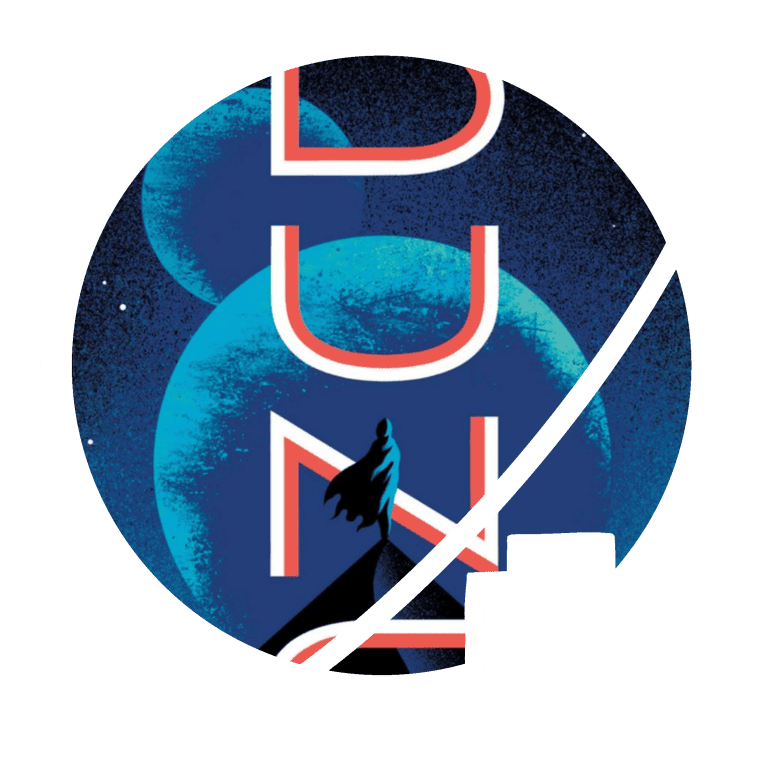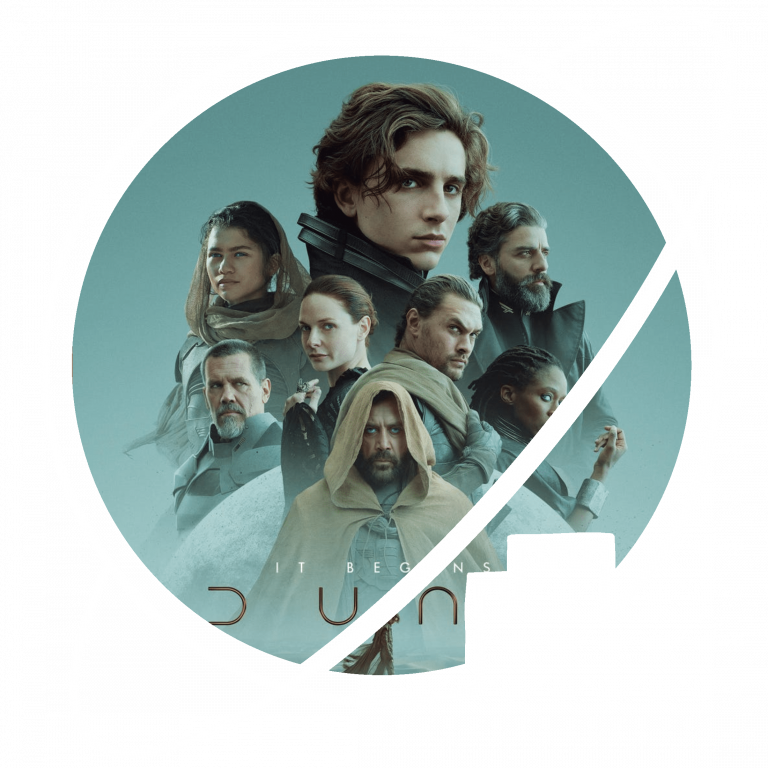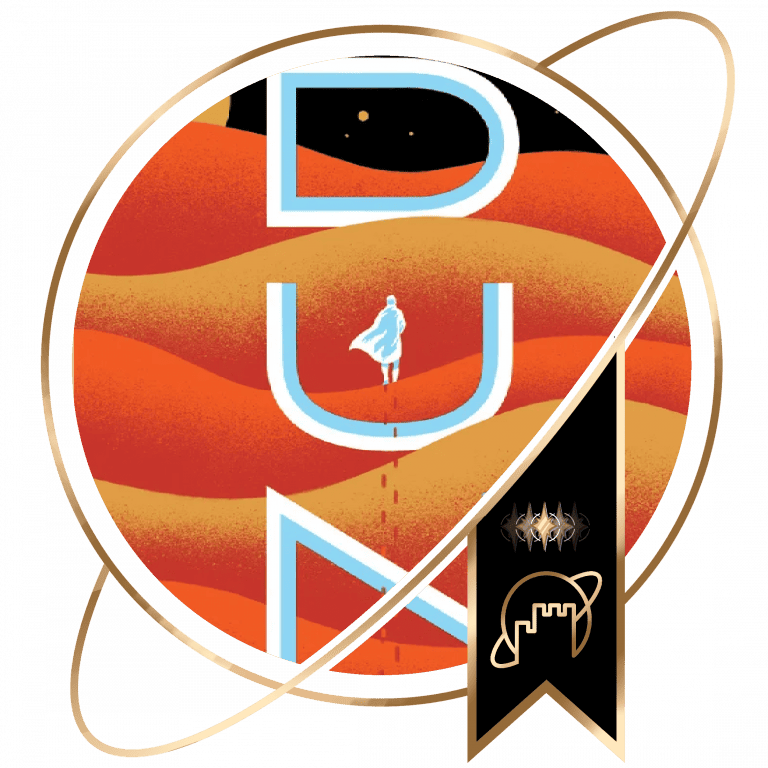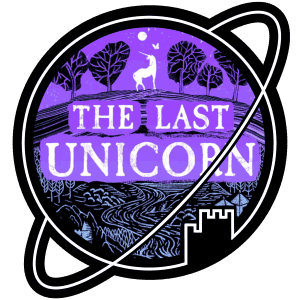- Book written by Frank Herbert
- Published April 1976
- Part three in the Dune Chronicles
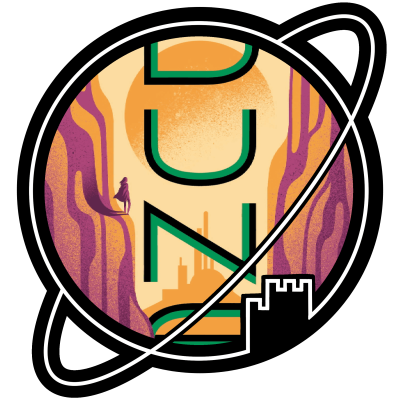

2.5 stars – I bet you didn’t see that one coming. Neither did I. Or, at least, I wasn’t expecting a drop that big compared to Dune and Dune Messiah. Let’s examine what happened.
One of the things I noticed is that Herbert’s style is getting boiled down further and further in Dune Messiah and Children of Dune: Dune has palace politics, hard-to-follow conversations on the edge of a knife, and occult tradition – but it also has really interesting worldbuilding and a plot that ultimately fits our traditional understanding of a fantasy plot. Dune is a complex, layered book that offers the reader something on many levels.
Dune Messiah has a lot more of the palace politics and the conversations-as-duels, and less worldbuilding, but the plot and theme connect to Dune very well. It also wrapped up Paul’s storyline nicely. I think Dune Messiah is a lot less layered than Dune, leaning more heavily on Herbert’s signature style. But it leaves enough of a ‘traditional’ novel to make the more surreal elements of Herbert’s writing feel mysterious rather than breaking your suspension of disbelief.
Children of Dune takes another step on the road, with even more of that trademark Herbert and even less traditional novel: sometimes, it felt like it was only palace politics and esoteric conversations that us mortals can only half follow along with. Perhaps the Dune Chronicles finally arrived at the point where it got too smart for me: While reading Children of Dune, I kept trying to distil meaning from long pages of platitudes and to understand why characters were doing certain things.
As a result Children of Dune was a pretty draining read, mostly in the sense that it took a lot of focus and I had to put it away after about half an hour each day. That effect is not helped by the fact that the plot of Children of Dune is really rather limited for how long the book is; I didn’t feel like I was progressing through the narrative much.
The plot is also pretty back-loaded – the most important development happens about 80% into the story, and I can’t help but feel like it wasn’t really foreshadowed. Perhaps I just wasn’t smart enough to notice; perhaps I would have to read the novel again to pick up on clever hints that I now missed.
That begs the question: will I read Children of Dune again? I’m not sure.
This review up until this point reads like I hated it, and I need to clarify that I didn’t. I enjoyed reading more about Arrakis, I enjoyed the mystery injected in the story by the character of the Preacher, I enjoyed the Bene Gesserit scheming, I enjoyed poor old Stilgar trying to make sense of a world that had outgrown him. I like Herbert’s style of prose and even though it was perhaps a bit much in Children of Dune, I like those 3D-chess conversations and that sense of mystery. And I love that Herbert fully commits to his choices in the previous novel, leaning into the surreality of it all.
But I also need to be honest: I read Children of Dune because it is a Dune-novel and because I love Dune. Had this been a standalone, I might not have made it to the end.
And as a side note, I now understand why Denis Villeneuve wanted his Dune-trilogy to only cover Dune and Dune Messiah rather than having to find a way to commit Children of Dune to film.
I knew that the quality of the Dune Chronicles steadily falls off as it progresses, but to be honest, I was still a bit disappointed by Children of Dune. Knowing what Herbert can do if he is held back just a little from going all-out on his surreal style, one cannot help but wonder what Children of Dune and the rest of the series could have been like if Herbert’s editor would have stood their ground a bit more firmly (though I understand the novel was initially serialised, making that a much harder task).
As a big fan of Dune and the type of sci-fi nerd that even has a review website for a hobby, I am duty-bound to continue the series and to be honest, I am genuinely curious about God-Emperor of Dune. I wonder, what does a novel look like when it is just Frank Herbert’s mysticism? Only one way to find out…






